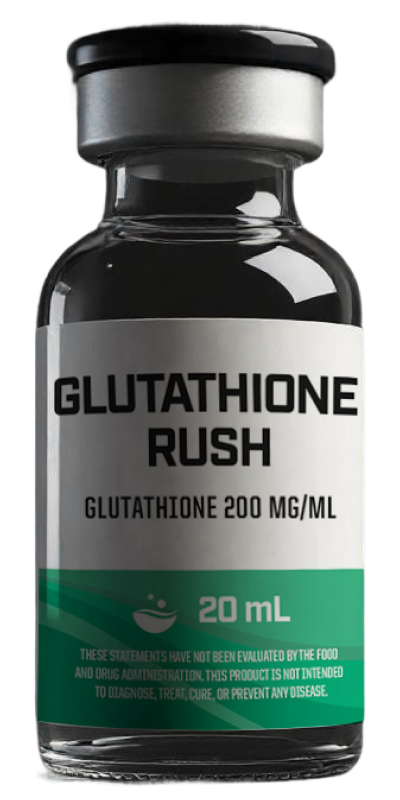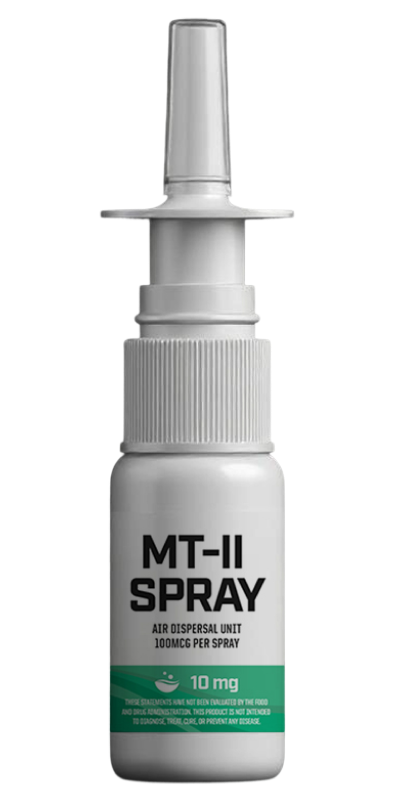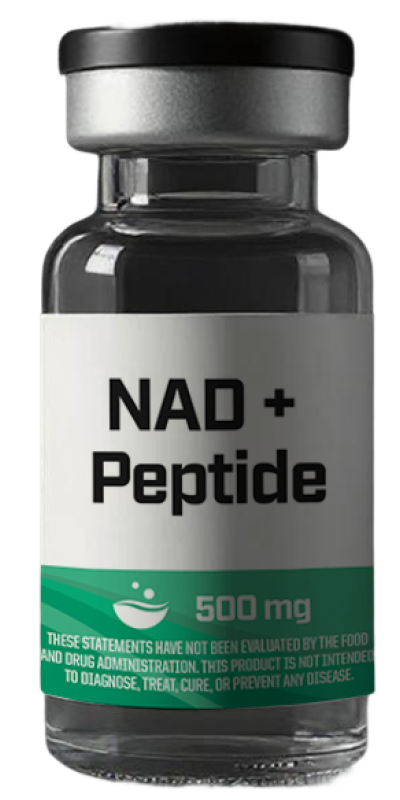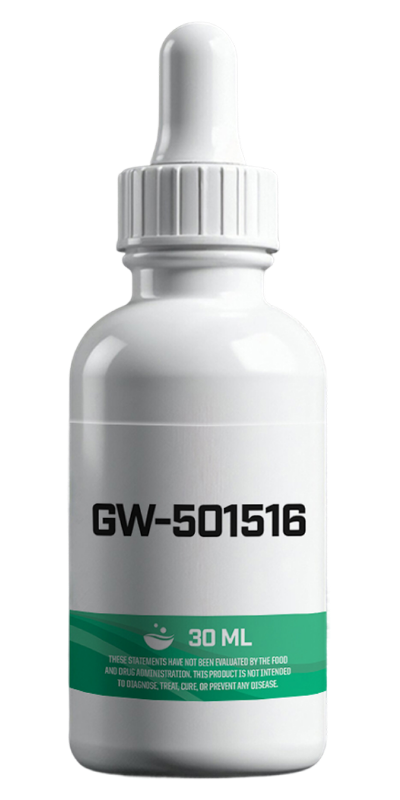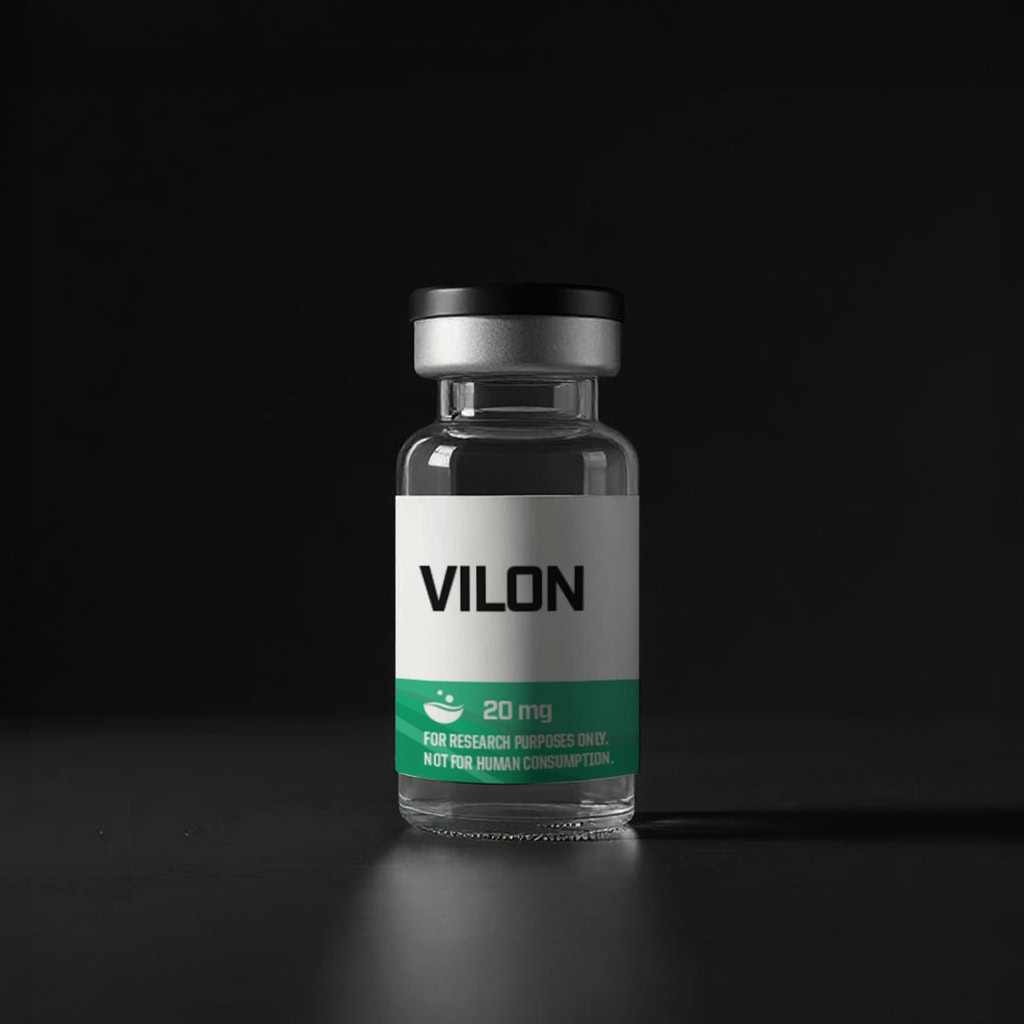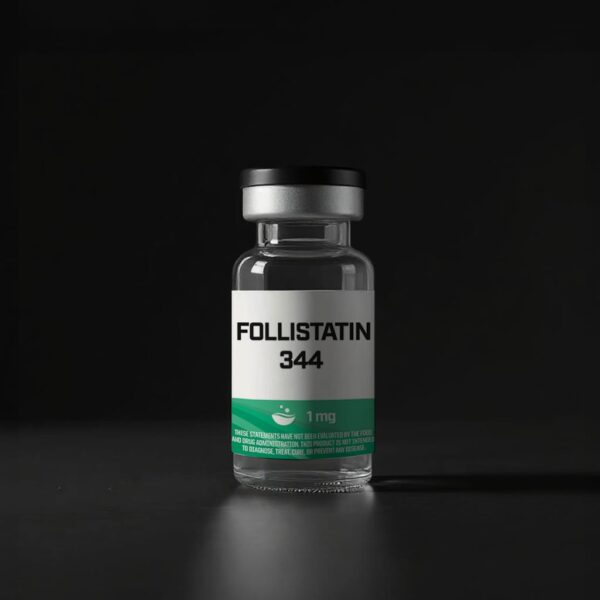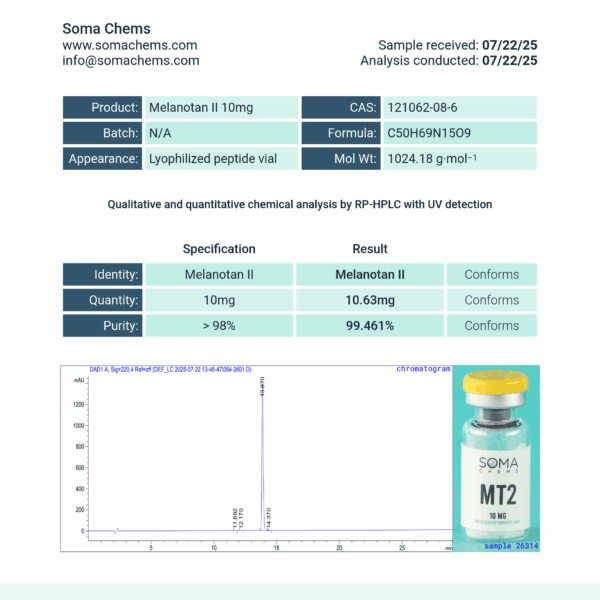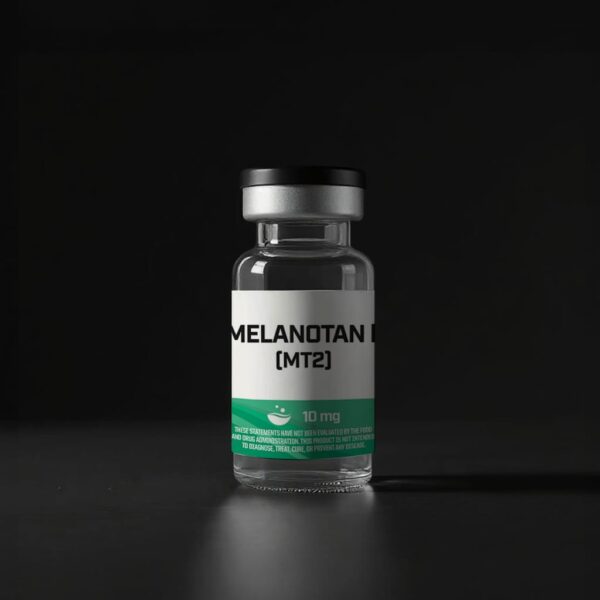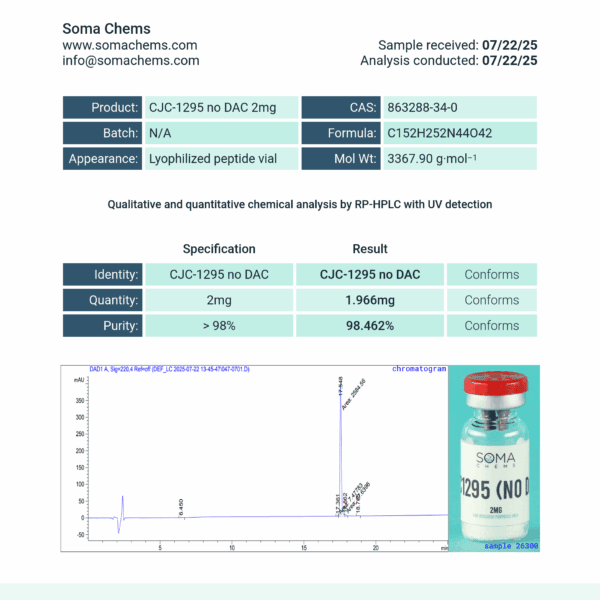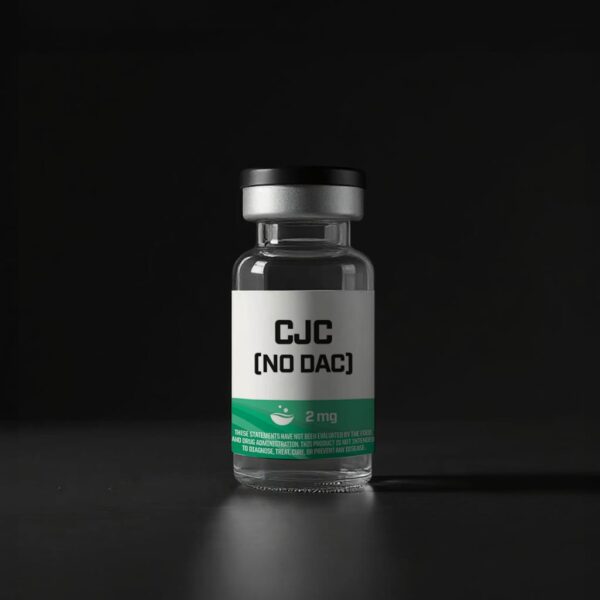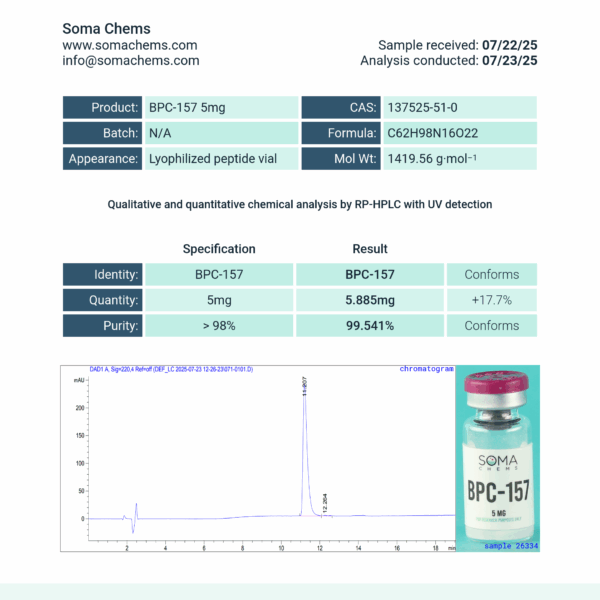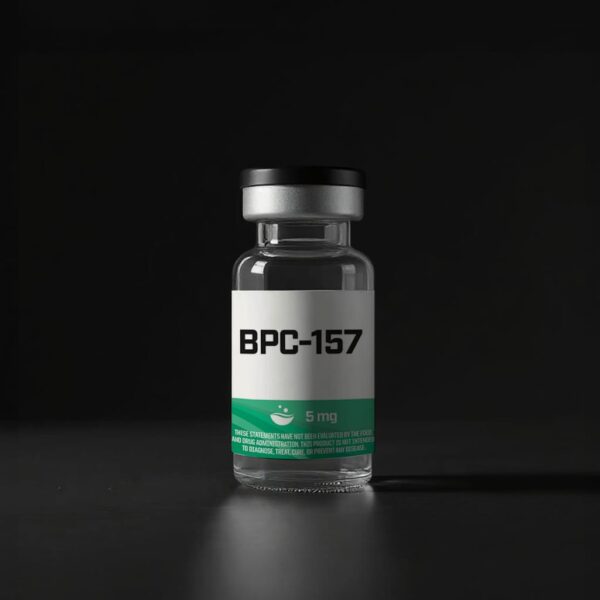VILON
$64.99
In stock
Description
Vilon is a short synthetic dipeptide consisting of the amino acid sequence Lysine–Glutamic acid (Lys-Glu). It belongs to the class of peptide bioregulators originally developed in Russian peptide research, where such compounds were designed to mimic naturally occurring regulatory peptides in the body.
Structurally, Vilon is a minimal peptide with a molecular weight of approximately 263 Da, notable for its stability and ease of synthesis. It is classified as a cytomedin, a group of short peptides investigated for their role in gene expression modulation, protein synthesis regulation, and cellular differentiation in experimental models.
Research on Vilon has focused on its potential influence on immune system function, cellular proliferation, and tissue homeostasis, making it a subject of interest in studies of aging, regeneration, and molecular signaling. Its compact dipeptide structure makes it an efficient candidate for exploring peptide-DNA interactions and epigenetic regulation in vitro.
Size :
20MG
Chemical Formula :
C11H21N3O5
Synonyms :
Lysylglutamate, normophthal, Lyslglutamic acid
Molar Mass :
257.30 g/mol
CAS Number :
45234-02-4
PubChem :
7010502
Total Amount of the Active Ingredient :
20mg per vial
Shelf Life :
36 months
Vilon is a short synthetic dipeptide consisting of the amino acid sequence Lysine–Glutamic acid (Lys-Glu). It belongs to the class of peptide bioregulators originally developed in Russian peptide research, where such compounds were designed to mimic naturally occurring regulatory peptides in the body.
Structurally, Vilon is a minimal peptide with a molecular weight of approximately 263 Da, notable for its stability and ease of synthesis. It is classified as a cytomedin, a group of short peptides investigated for their role in gene expression modulation, protein synthesis regulation, and cellular differentiation in experimental models.
Research on Vilon has focused on its potential influence on immune system function, cellular proliferation, and tissue homeostasis, making it a subject of interest in studies of aging, regeneration, and molecular signaling. Its compact dipeptide structure makes it an efficient candidate for exploring peptide-DNA interactions and epigenetic regulation in vitro.
